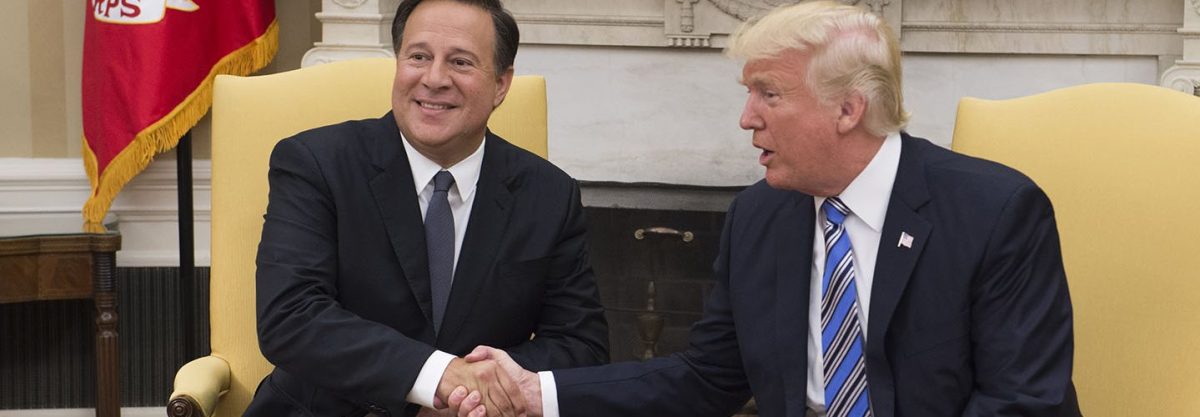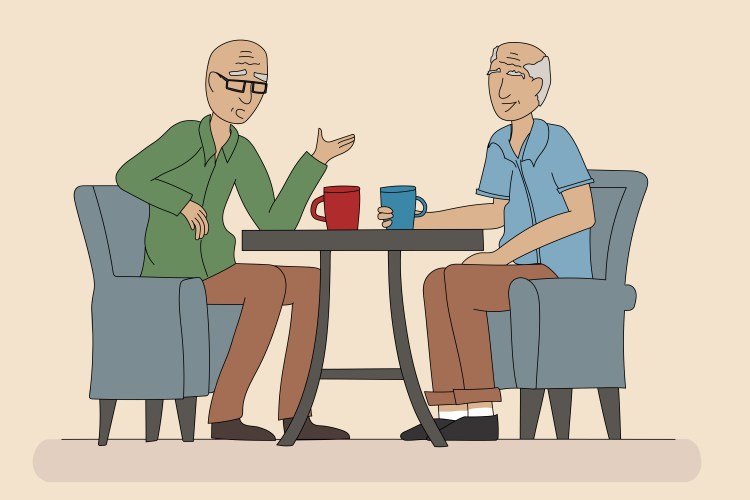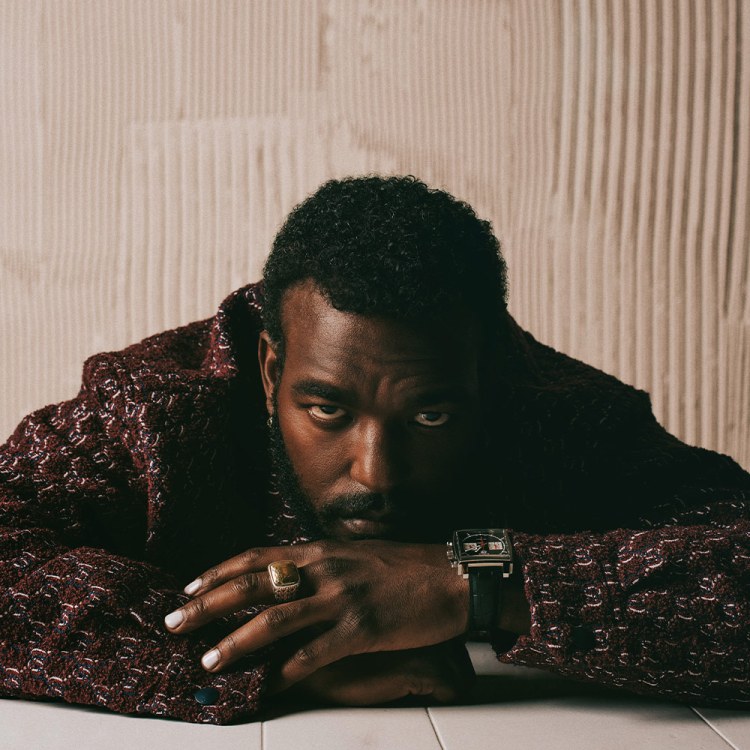We’ve all seen President Donald Trump’s infamous handshakes, whether it’s the awkward, 19-second shake with Japanese Prime Minister Shinzo Abe or when Canadian Prime Minister Justin Trudeau braced himself by grabbing Trump’s shoulder.
But while the U.S. president exercising a dominating handshake is new, it fits with a very long history of world leaders obsessing over public displays of dominance—or disgust.
Pope Pius VII was forced to step in dirt when he attended Napoleon’s coronation in 1804. President Woodrow Wilson demanded Mexico hoist the US flag and give it a 21-gun salute as an apology for detaining Americans in 1914—then invaded the country when it was refused. And President Obama was denied the use of red-carpeted stairs at a G20 summit last year by his Chinese hosts.
So why do world leaders take shows of public dominance and authority so seriously?
Vox asked an expert, Jonathan Renshon, a professor of international relations at the University of Wisconsin Madison. Renshon studies the psychology of foreign policy, which means he studies how the way leaders and decision-makers think affects the way states interact. He has a new book, Fighting for Status, about why leaders care so much about the way others perceive their countries.
Renshon thinks Trump’s handshakes and attention seeking “are just a crude manifestation of a kind of behavior that most world leaders exhibit.” A lot of successful politicians became successful in the first place because they cared about this kind of image polishing.
But it’s not just Trump. Renshon surveyed a group of US government officials to get a sense of how much they cared about whether they’re perceived to be more important than others in their workplace. He found that people who chose to go into public service and politics tend to be extremely focused on status in his experiments. The higher you go up in the political hierarchy, the more likely this is to be true.
So back to Trump’s handshakes. His interactions with foreign heads of state and other leaders tend to look awkward because he’s dealing with other people who are acutely sensitive to status, and care about how they look during interactions with the U.S. president.
This article was featured in the InsideHook newsletter. Sign up now.
























